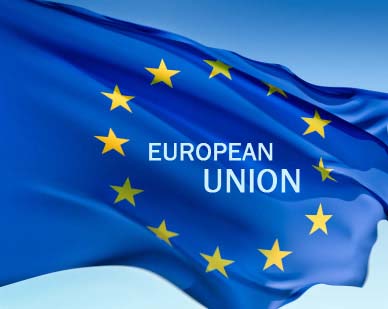Relations between Croatia and its EU neighbour Slovenia have been almost idyllic since last year's agreement on a mechanism to resolve a maritime border dispute.
The two countries even joined forces to initiate the so-called Brdo process to help the region progress towards EU integration through stepped-up cooperation and exchange. From being a notorious "bad example", Croatia and Slovenia turned into a model much praised by the EU on how to resolve bilateral disputes.
But not all problems between the two neighbours are over yet, and they are still affecting Croatia's EU accession talks. After negotiating with the European Union for more than five years already, Croatia has entered the final stage of the process, hoping to conclude it in six months time.
All negotiating "chapters" have been opened and there are just ten remaining to be closed. According to EU sources, three could be concluded in an intergovernmental conference between both sides scheduled to take place at the beginning of November. Before the end of the year more could follow and Croatia should go into 2011 with just two or three chapters still open, including the most difficult ones concerning the judiciary and competition.
But Slovenia, according to sources from other members states, is preventing the the chapter on freedom of movement of capitals from being closed, although Croatia has fulfilled all the necessary criteria. The reason is Zagreb's refusal to allow the Slovenian Bank NLB (Nova Ljubljansa Banka) access to the Croatian market.
News source: WAZ.euobserver.com link: article

No comments:
Post a Comment